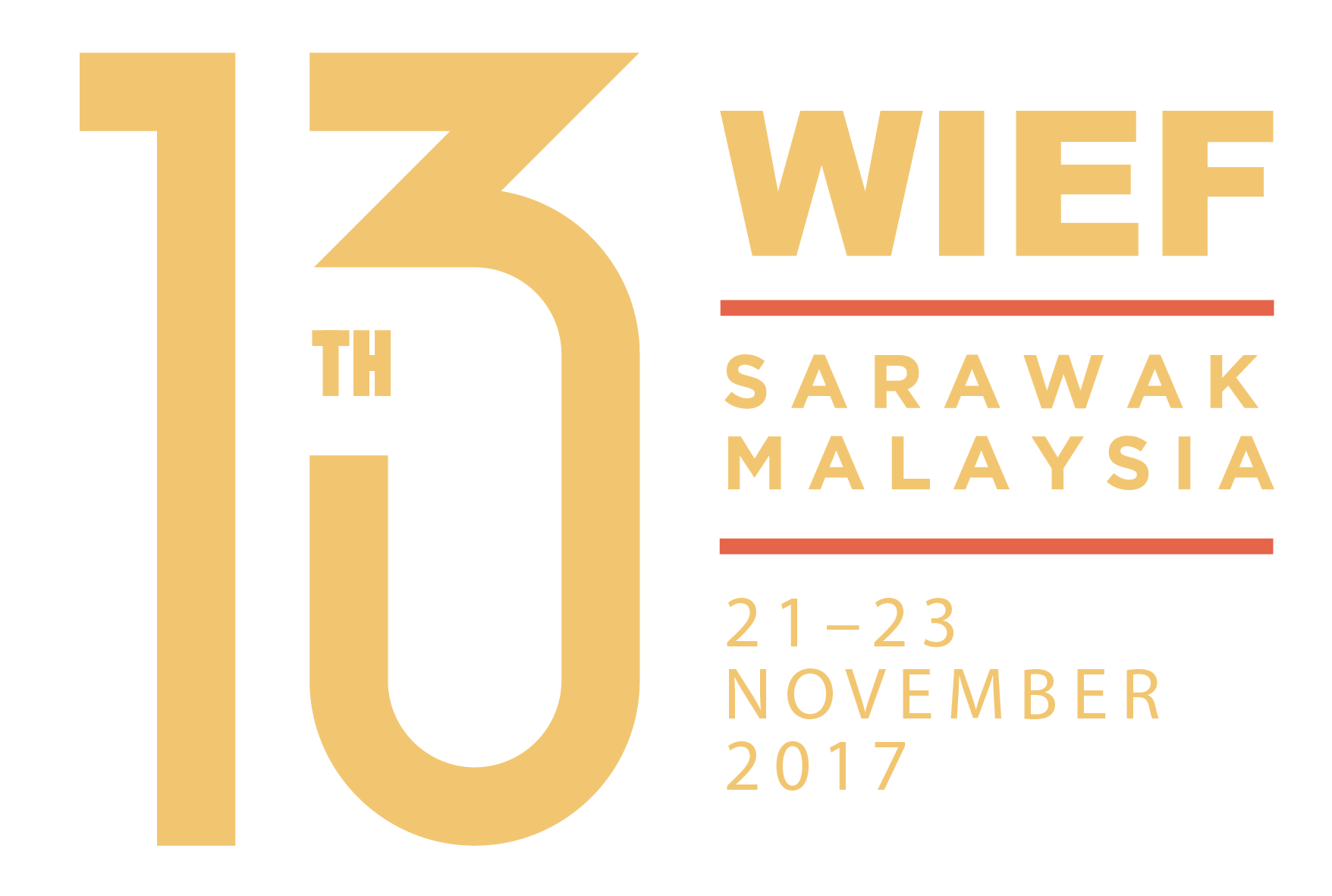Since the 2008 financial crisis, income inequality across the globe has risen sharply, the global economy is moving significantly from asset-based economic transactions to an increasingly speculative financial one, resulting in weaker domestic economies and a fragile financial system. While economists and decision makers search for solutions to the current problem, disruptive technological advancements are increasingly transforming our daily lives, creating new opportunities and reshaping traditional industries. Disruptive changes in the form of artificial intelligence (AI), blockchain, Internet of Things (IoT), and other medical and manufacturing technologies, continue to radically alter how we do things, how leadership is perceived, how businesses are run, and how manpower is organised.
What do we need to do to adapt to disruptive changes? Is it the answer to our global structural problems? The 13th WIEF that will be held at the Borneo Convention Centre in Kuching, Sarawak, creates a platform for us to discuss these burning issues, find solutions and develop initiatives that can better prepare us for the technological revolution that is going to change our lives.
Theme
Disruptive Change: Impact and Challenges
In line with what’s occurring globally, the 13th WIEF theme reflects the transformations motivated by disruptive technologies and, despite this, there are positive inclinations arising amid a contradictory sentiment.














































